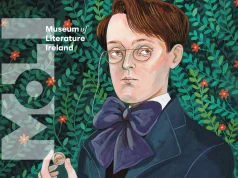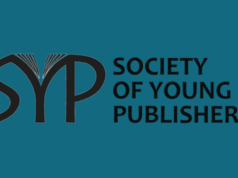Books Ireland is saddened to hear of the death of poet, Ciaran Carson aged 70.

In our March/April 2019 issue, in reviewing his last collection, “From There to Here: selected poems and translations” (Gallery Press), our poetry columnist, Fred Johnston, paid tribute to Carson –
“Impossible to consider poetry of the North’s Troubles without including Carson. Of course, it would be wrong to imagine that he wrote only on this topic or was consumed by it. Nor can I agree with Carol Rumens’ assessment that “Before the 1987 publication of ‘The Irish For No’, Carson was a quiet, solid worker in the groves of Heaney”. (The judgement is vague, though the phrase, ‘The Groves of Heaney,’ might be the title of a traditional Irish tune.) Undeniable is his word-skill, and his imagination. He strides beyond the confines of that brutal period into realms occupied by other European poets. In his most recent collection, he is taken with Rimbaud and that corporate lawyer and friend of Max Jacob, Jean Follain, who died tragically in a car accident in 1971. This book is an overview of Carson’s collections and a primer for anyone not familiar with him. Poems from ‘The New Estate and Other Poems’ up to some from ‘From Elsewhere’ lay out his vast geography. ‘The Ballad of HMS Belfast,’ is here, from ‘First Language’, a poem which may subliminally remind certain readers of the HMS Maidstone, which was a prison ship in Belfast in the 1970s. Carson is a renowned player of Irish traditional music and the balladic, singable nature of the poem comes as no surprise:
Then our captain would emerge to scold us from his three
days’ incommunicado
And promenade on the poop-deck, sashed and epauletted
like a grand Mikado …
Does a question linger as to whether writing produced during the Troubles stands alone, that is, without the conflict as a backdrop? Following on that are questions around how relevant such literature is today. Was it all viable poetry? Why is a poet such as the late Padraic Fiacc so rarely mentioned in the context of poetry from this period? Why do we remember some and not others, when so much was produced at the time? Do younger Northern poets envy the attention paid to those who worked during the Troubles? I would hazard that Carson’s poetry will stand the test of time, it is too diverse, too much a bridge between the traditional and the contemporary, to dissolve away.”











